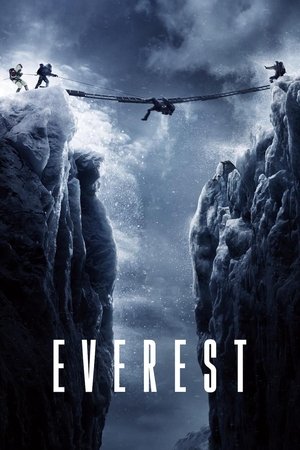
Everest
I have read dozens of books about mountaineering expeditions, and several about this particular disastrous climbing season, including Jon Krakuer’s bestseller. Overall I think they did a good job depicting the events in this movie, which makes sense, as they used the expertise of Guy Cotter, a climbing and business partner of Rob Hall, one of the expedition leaders in the forefront of this tragedy. They do an adequate job of putting the grandeur of the mountain on display, while still focusing on the human interactions and personal physical challenges of the characters. The plot runs fairly true to events and the dialogue is well-written. They made changes, of course, such as details of the helicopter rescue scene, but stayed true to the important stuff. I think I agree with the above-mentioned Guy Cotter, who stated in an interview that he only wished they had depicted in more depth the motivations of climbers to risk their lives climbing up in the “Death Zone.” For some climbers of Everest, their reasons are mundane: to be able to gain respect by saying they did it, or to “inspire” others to be all they can be, or even to make money and win some measure of fame. But the true mountaineers are driven by something deeper, close to what they see as their self identity. They can’t not climb. There is exhilaration in challenging their physical limits and in appreciation of the rare beauty found at high altitudes. If it was easy they might not do so much of it, being in an odd way addicted to the pain, cold and danger. WHen they are on the mountains they dream of home; when they are home they dream of the mountains. It’s reminds me of aging boxing champions who keep on fighting when they should retire. Oh, they want the money, obviously, but even well-off champions may fight on and endure pain and suffering inside the ring for the cheers of the crowd and the additional acclaim it may bring them.
